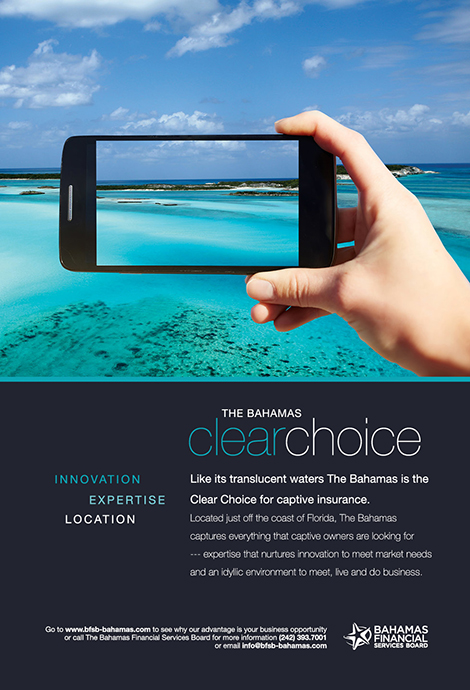Marsh
Persevering in the use of a stout regulatory system is beginning to pay off for Ireland, with US captive managers using the domicile as a gateway into the European market. Practice leader for Marsh’s UK & Ireland captive solutions, Nick Gale, explains the appeal of the emerald isle
What is it that makes Ireland a popular choice for prospective captive owners and managers?
In my role at Marsh I am domicile neutral, but I can say that there are indeed unique virtues of the Irish captive market. It can do everything any other EU member state can do and is particularly suitable for US captive owners and risks because there is a favourable double tax treaty between the two countries.
Ireland has a longstanding, mature and sophisticated service industry for captives that is more than 25 years old. It also has a regulator that understands the difference between a captive and a traditional insurance company—an important distinction to make.
Although much is made about the robust regulatory framework in Ireland, do you believe this edges towards being too stringent for captives?
Whether a domicile is overly demanding or not is all down to perspective. In my position I work with hard facts. Are there more regulatory activities in Dublin than anywhere else in the EU? In my opinion, the regulatory environment in Ireland is the same as in other EU member states because the same pan-European framework applies.
What is Marsh’s commitment in Ireland?
Marsh has both a broking and captive management office in Dublin and manages about 100 captive vehicles. These are made up of pure captives, commercial insurance and reinsurance companies, and special purpose vehicles (SPVs), which include insurance-linked securities (ILS). Dublin is our fourth largest Marsh captive management office by entities under management.
Is the cat bonds/ILS market something that is of particular importance to the domicile?
I think you see more and more domiciles getting into this market and Dublin has been at the forefront of it. You can even argue that Dublin has been a pioneer for ILS but, since then, Bermuda, the Cayman Islands, Malta and others have entered the arena. Certainly, there is growth to come in this area and more domiciles want to share in it.
We are in a very low interest rate environment at present, so investors are attracted to underwriting risks as they are not usually recessionary. As investment yields increase these structures could become less attractive to investors, but as a concept I think that SPVs are here to stay.
Dublin is part of a distinguished group of European captive domiciles but do you believe Europe can eventually reach an even keel with the captive industry in the US?
I think the US uses captives much more than we do in Europe, as it has favourable tax rules, similar capital requirements to offshore domiciles and does not have the same level of premium taxes that we have in Europe. It is important to bear in mind that captives are not used for tax avoidance in the US, but achieve an accelerated tax deduction in certain instances. As a result, captives can have more application and be more financially viable.
I do not see that Europe will match the US captive market anytime soon. From the Marsh captive benchmarking study we learned that something like 70 percent of captives are owned by US corporates, while Europe owns around 25 percent.
The European captive industry is very underweight from that perspective, so I do not think we will catch up in the near future.





